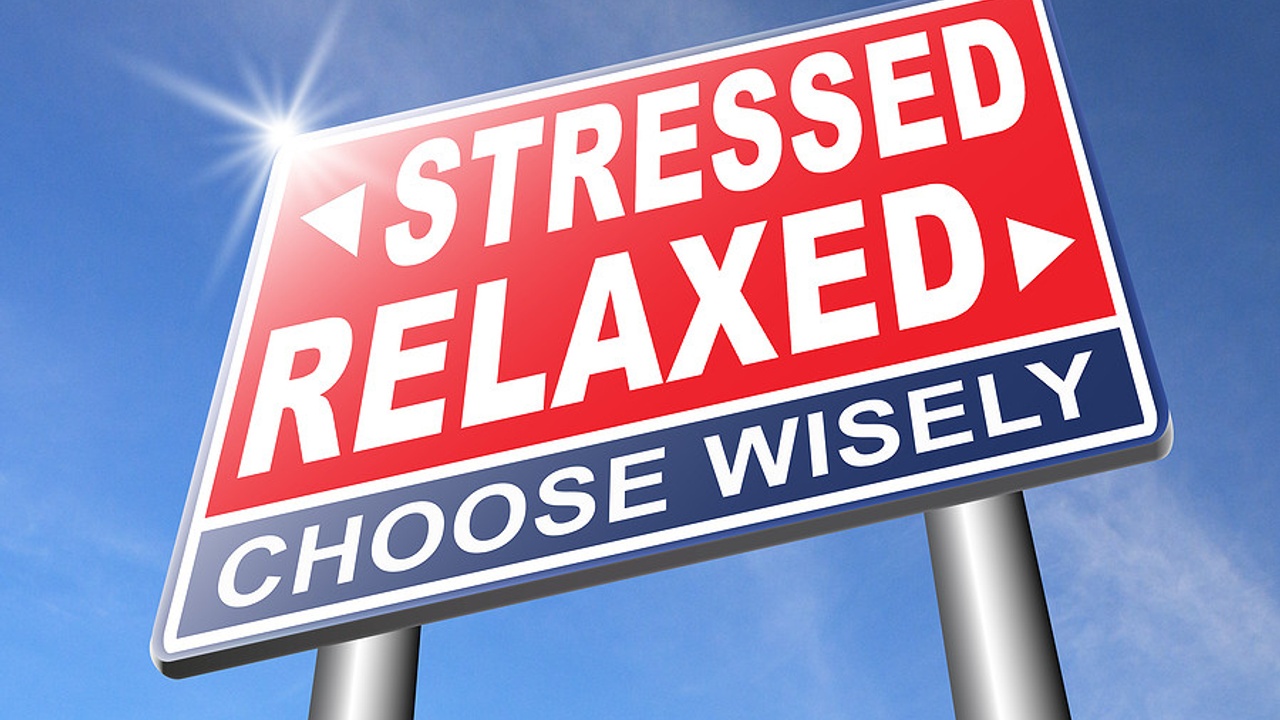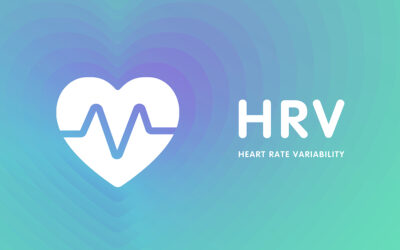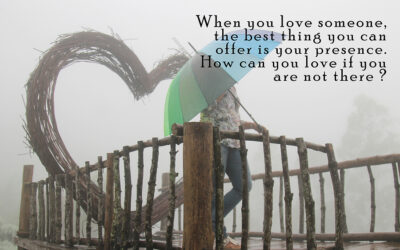While I was recently talking with a client, she remarked, “I don’t know how to relax. And when I try, I worry that I am doing it wrong. After a few minutes (of sitting still and breathing) I get antsy and start doing something. It is uncomfortable to be still.”
Not surprisingly, my client, who I’ll refer to as Megan though it is not her real name, is a very busy woman. She has a private therapy practice. She and her husband own a retail shop. She trains several hours a week to compete in running ultras. She is involved with community issues. AND she tops it off with a full-time online master’s degree program. When she says she can’t find an hour in her week to do something, she’s not kidding.
When we met, she had just finished a 10-week quarter of schoolwork and was on the verge of a three-week break from classes. So, what was the first thing she did on her break? Take a trip to the beach? Indulge herself with an afternoon on the couch reading a good book? Enjoy a spa day? No! My overly busy client, who was desperate for some downtime, chose to volunteer for an extra shift at work. She explained, “About a week before the end of the quarter, I get anxious because the pressure of school is ending. What am I going to do with all my extra time?” To alleviate that feeling, she fills her calendar with more stuff to do, which calms her system.
You might be wondering, “How does doing more and loading up your schedule bring a sense of calm?” Great question! It does seem counter intuitive. Let’s explore that.
The Habit of Stress
First, you must understand that as human beings, we strive for homeostasis in our bodies and minds. Homeostasis is a consistent internal environment. So, we are constantly striving to have this consistent environment. Unfortunately, some of us have made living in the stress response/SNS a habit. So, SNS has become our “consistent environment.” This is Megan’s case. Her system is conditioned to be flooded by stress chemicals and working at a frantic pace. In order for her to maintain homeostasis while she’s not in school, she has to take on extra work or find other ways to add pressure to her life, like registering to compete in a race during her next break. Adding activity keeps her system stable in its learned sympathetic nervous system (SNS) state. Hence, she maintains continuous activation of her stress response, which makes her feel comfortable and “normal.”
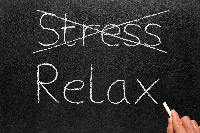 Consequently, when she tries to relax and invoke the relaxation response, which switches her nervous system into a parasympathetic state (PNS), it feels awkward and difficult. Her system is not skilled in being calm and content. Yes, I know that sounds crazy, but turning off the stress response–being in the PNS–is a skill.
Consequently, when she tries to relax and invoke the relaxation response, which switches her nervous system into a parasympathetic state (PNS), it feels awkward and difficult. Her system is not skilled in being calm and content. Yes, I know that sounds crazy, but turning off the stress response–being in the PNS–is a skill.
It is only human to want to avoid uncomfortable feelings. Megan is distressed trying to relax. She perceives her nervous system is out of balance in the PNS. Unconsciously, she wants to regain homeostasis–being stressed out. Notice that I didn’t say maintaining homeostasis was healthy or rational. Since her brain is conditioned to be in the SNS, it strives to regain that comfortable, known state. So, when she tries to be still, her brain rebels by getting antsy. To alleviate her discomfort, she gets up and starts doing something.
It is true that Megan’s brain prefers the SNS and has strategies to keep her in that state. And, as my insightful editor pointed out–what’s the issue here? Megan’s brain is happier under stress, so why should she change? Of course, that is the $1,000,000 question. Why do we put effort into switching our nervous system out of stress and into relaxation? Actually, there are many reasons! See the related blogs list below for a few.
Specifically for Megan, though, the reason she was pursuing relaxation was to connect with her ability to let go. Holding on to people, beliefs, relationships, goals, etc. that no longer serve you perpetuates stress. Letting go provides freedom and relaxation. In her words, “If my nervous system always has me on the go (in the SNS), when something emotional comes up, like past trauma in my life, or even something as simple as an argument with my husband, I have no framework for what it feels like to let go, not only physically but also emotionally.” Megan was tightly holding on to all of her stress and desired the opposite. She wanted to experience ease and peace.
Related blogs:
Overcome Stress by Invoking the Relaxation Response
Be Still to Improve Performance
Human Being vs Human Doing
Stress Prevents Self-Healing
Find Non-Movement-Based Techniques to Manage Stress
Reframing Relaxation
What is relaxation? How do you relax?
 What I have found with myself and working with clients like Megan is that we have the idea that relaxation = doing nothing with no purpose. Busy people like Megan and I and many of my clients cannot wrap our heads around an idea like this. I, and maybe you, too, would argue that everything has a purpose, even if that purpose is to relax. The question is–if there is no purpose, why do it? Consequently, many of us see relaxing as frivolous with no point. And, as Megan experienced, it makes many of us uneasy. Besides, society does not value relaxation. Rather, we are judged by our successes and accomplishments. If we aren’t doing something, we must be lazy, and we surely don’t want that label!
What I have found with myself and working with clients like Megan is that we have the idea that relaxation = doing nothing with no purpose. Busy people like Megan and I and many of my clients cannot wrap our heads around an idea like this. I, and maybe you, too, would argue that everything has a purpose, even if that purpose is to relax. The question is–if there is no purpose, why do it? Consequently, many of us see relaxing as frivolous with no point. And, as Megan experienced, it makes many of us uneasy. Besides, society does not value relaxation. Rather, we are judged by our successes and accomplishments. If we aren’t doing something, we must be lazy, and we surely don’t want that label!
The solution Megan and I came up with was to reframe relaxation as “peaceful fun.” Instead of having no purpose, the purpose became enjoyment. This new concept of relaxation allowed for great variation in how it could be done. Try it yourself: It doesn’t have to be sitting still and breathing, but something that you don’t generally make time for that you see as an indulgence, something that makes you feel good with no agenda or expectations. I suggested to Megan that she needed to “train” at relaxing, just as she did her intervals, long aerobic efforts, etc. She also needed to schedule in “peaceful fun” workouts. Here’s an example of what she did during her break:
- Listened to a light-hearted fiction audiobook or music while coloring or doodling.
- Played in the water–swam at a local lake and took water aerobics, both for the first time.
- Spent extra time with her dogs, smiling at the free entertainment they provided with their silly antics.
As Megan developed her relaxation skills by doing her “peaceful fun” activity training, she noticed her reactions to difficult emotions changed. She reflects, “When I find myself upset at someone, or even at some thing that’s happened to me, I revisit listening to music or going out with my dogs to help recreate the physical feeling of letting go, and that naturally creates the space for me to move through my upset feelings and relax into what ‘is’ instead of focusing on what I cannot control.”
How You Relax Matters
Megan was right! She was doing relaxation wrong–for her. Her initial attempt to relax was stationary and top-down. She was trying to calm her mind to relax her body. This didn’t work for her. Megan is an active woman on the move. What worked for her was a bottom-up approach. She needed to feel relaxed in her body first. Then, her mind could follow. Being outside with her dogs or moving to music created the opportunity for her to release, open, and let go. She needed to be in her body, not her mind, to relax.
Although sitting on the cushion in lotus pose with our eyes closed is how many of us picture relaxation, it is not the only way. We can find relaxation through movement, coloring, music . . . and so much more. The important thing is to find something that fits with your personality and is enjoyable. Now it’s your turn
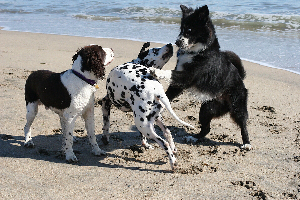
: What do you or will you do for relaxation or “peaceful fun?”

